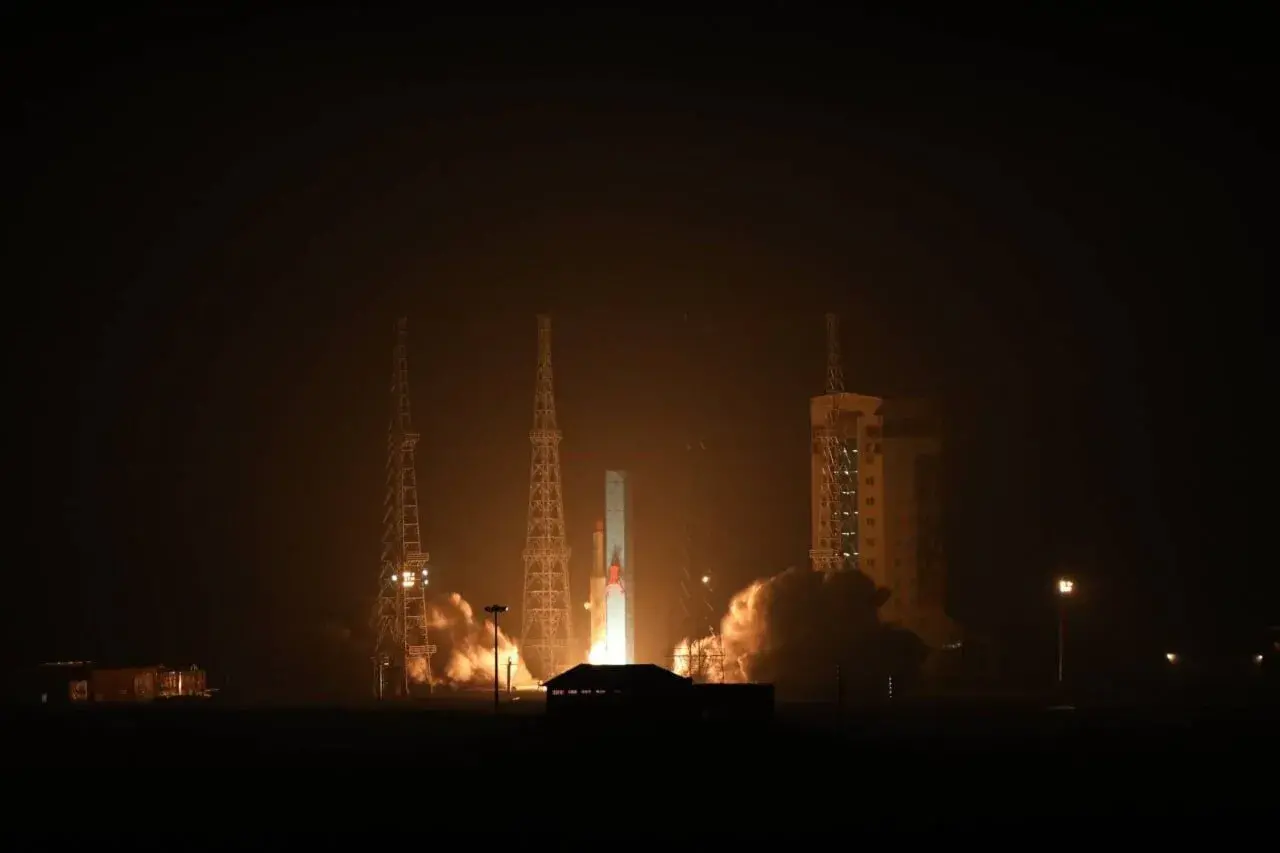Iran successfully launched three satellites into orbit on Sunday, using its Simorgh rocket for the first time, amid Western concerns over its ballistic missile program.

On Sunday, Iran announced that it had successfully sent three satellites into orbit, as part of a program that Western countries claim enhances Tehran’s ballistic missile capabilities. According to the official IRNA news agency, the launch also marked the first successful use of Iran’s Simorgh rocket, which had experienced several failures before.
The launch occurred amid rising tensions in the broader Middle East over Israel’s ongoing war against Hamas in the Gaza Strip.
Iran has not directly intervened in the conflict, but it has faced growing pressure from its own religious establishment to take action, following a deadly suicide attack by the Islamic State group earlier this month and the involvement of its proxy forces, such as the Houthi rebels in Yemen, in the war.
Iranian state television broadcasted footage of the Simorgh rocket’s launch at night. An analysis by the Associated Press of the details in the footage revealed that it happened at the Imam Khomeini Spaceport in Iran’s rural province of Semnan.
The state TV identified the satellites as Mahda, Kayhan-2 and Hatef-1. It said that the Mahda was a research satellite, while the Kayhan and the Hatef were nanosatellites for global positioning and communication purposes respectively.
The Simorgh program, which carries satellites, had suffered five consecutive launch failures before. The Simorgh, or “Phoenix,” rocket’s failures were among the many challenges that Iran’s civilian space program faced in recent years, including deadly fires and a rocket explosion at the launchpad that caught the eye of former U.S. President Donald Trump.
The United States has previously stated that Iran’s satellite launches violate a U.N. Security Council resolution and urged Tehran to refrain from any activity involving ballistic missiles that could carry nuclear warheads. U.N. sanctions related to Iran’s ballistic missile program ended last October.
The U.S. intelligence community’s 2023 worldwide threat assessment said that the development of satellite launch vehicles “reduces the time frame” for Iran to develop an intercontinental ballistic missile, as it uses similar technology.
The U.S. military and the State Department did not respond to requests for comment right away. However, the U.S. military has quietly confirmed a successful Iranian satellite launch on January 20, carried out by the country’s paramilitary Revolutionary Guard.







